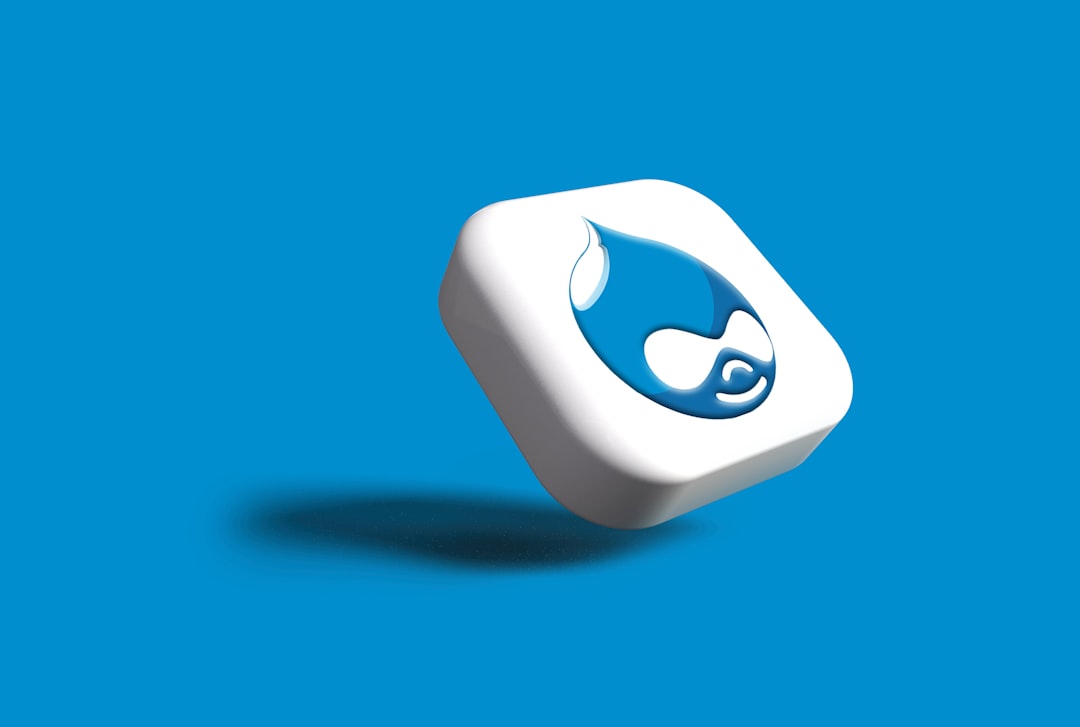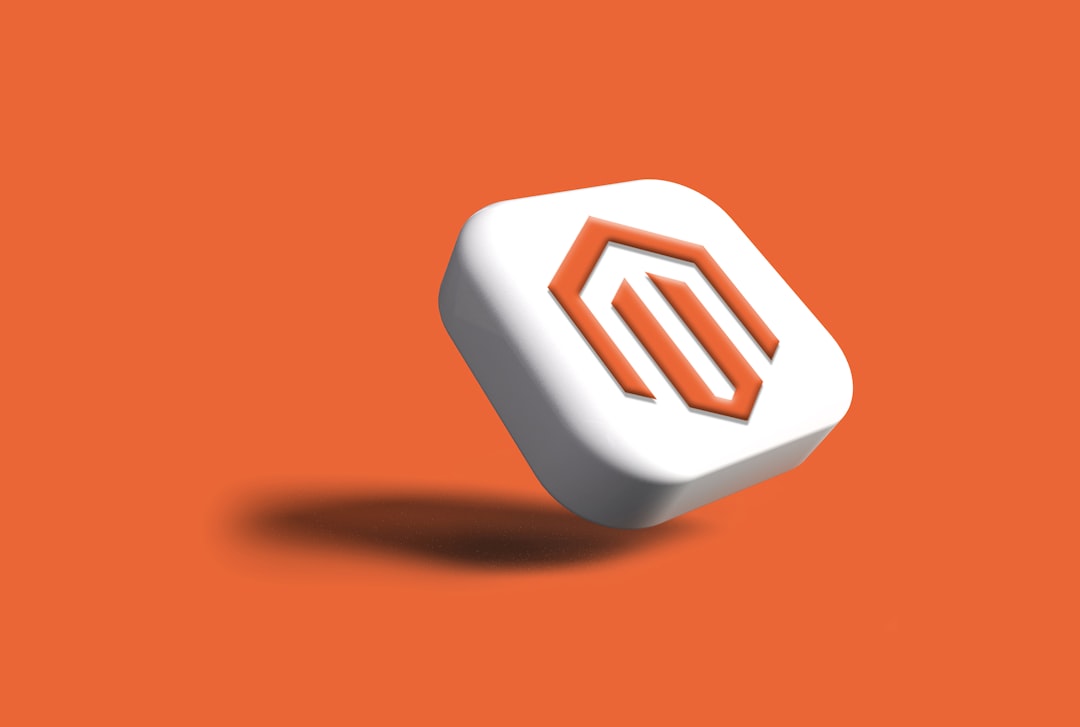What is CMS or Content Management System Platform?
Looking for a CMS platform? But first, you need to have a good understanding of it. This will ensure that you can pick the right CMS platform that will correspond to your needs. We also listed down some of the most popular CMS platforms that we have nowadays.
What is a CMS or Content Management System Platform?
A content management system (CMS) is a software application that enables webmasters to manage the creation, maintenance and distribution of online content. CMS platforms offer a wide range of features and functionality, making them ideal for creating, managing and publishing websites. Some popular CMS platforms include WordPress, Drupal and Joomla.

How Does a Content Management System Work?
A content management system (CMS) helps manage the creation, organization, and distribution of digital content. A CMS typically includes a set of tools for managing site content, including a website editor, search engine optimization (SEO), and social media integration. A CMS can be used by small businesses and individual bloggers alike to create a centralized online presence. The popularity of WordPress as the most popular CMS has made it one of the most commonly used platforms in the world.

How To Build a Website With a Content Management System
A content management system (CMS) is a platform that enables webmasters to manage and publish their websites’ content. A CMS can be used by any size business, from small start-ups to large corporations. There are many different types of CMSs, but the most popular ones are WordPress, Drupal, and Joomla.
When choosing a CMS, the first thing you need to decide is what type of website you want to build. Do you want a simple website with few pages? Or do you want a more complex website with many pages? Once you have decided on the type of website you want, you need to choose a CMS that is compatible with your chosen platform. WordPress is the most popular CMS for websites built on the web browser, while Drupal and Joomla are popular for websites built using HTML/CSS/JavaScript or PHP/MySQL frameworks, respectively.
Once you have chosen your CMS and chosen a platform for your website, the next step is to create your website’s content. You will likely need to use an editor like WordPress’ WYSIWYG (what You See Is What You Get) editor or Drupal’s
What Are Popular CMS Platforms Today?
There are different CMS platforms nowadays. They have different pros that will make or break your business. Knowing these important things will help you decide the right one for you.
Wix
Wix is a website builder that lets you create websites in minutes, without any coding knowledge.
Pros of Wix CMS Platform
- User-friendly and easy to use.
- Provides a wide range of templates and design options to choose from.
- Customizable, so you can create a site that perfectly suits your needs.
- Affordable and easy to set up, making it a great choice for small businesses and entrepreneurs.
- Provides 24/7 customer support, so you can always find help if you need it.

READ ALSO: Top Reasons For Choosing Wix
Webflow
Webflow is a web design and development platform that lets you create sophisticated, responsive websites without any programming.
Pros of Using Webflow
- Webflow is easy to learn and use.
- It is affordable.
- It offers a wide range of features.
- It is versatile.
WordPress
WordPress is the most popular CMS in the world, used by over 30% of the websites on the internet. Read more
Pros of Using WordPress
- Free and open source content management system (CMS) that is used by millions of people around the world.
- Easy to use and manage, making it ideal for small business owners, bloggers, and website owners of all levels of experience.
- Versatile, allowing you to create a website in a variety of formats (including HTML, CSS, and JavaScript), as well as blogs and e-commerce websites.
- Offers a wide range of features, including security, SEO optimization, and cross-platform compatibility.
- Continually updated with new features and bug fixes, making it an optimal platform for developing and managing your website or blog.

Drupal
Drupal is a powerful content management system (CMS) that lets you create websites with a wide range of features and customization options.
Pros of Using Drupal
- Makes it easy to create, manage, and publish webpages and applications.
- Easy to learn, so you can quickly create websites and applications with little to no programming experience.
- Popular and well-supported, so you can be confident that your website or application will be reliable and easy to maintain.
- Open-source software, so you can modify it and share your changes with the community.
- Flexible and configurable, so you can tailor it to meet the needs of your website or application.
Shopify
Shopify is a platform used to build online stores. It offers a comprehensive eCommerce platform, as well as tools for marketing and shipping your products.
Pros of Using Shopify
- User-friendly and easy to learn, making it a great option for small businesses and entrepreneurs who are new to online marketing.
- Shopify makes it easy to set up and manage your own online store, regardless of your technical expertise.
- With Shopify, you can easily create custom eCommerce platforms that are tailored to meet the needs of your specific business.
- Offers a wide range of features and services, making it an ideal platform for businesses of all sizes and industries.
- Offers a range of payment processing options, including PayPal, Square Cash, and Stripe. This means that you can easily accept payments from customers via various channels.
HubSpot
HubSpot is an all-in-one platform that provides marketing and sales software, as well as a suite of tools for managing customer data.
Pros of Using HubSpot
- Offers a very user-friendly platform that is easy to learn and navigate.
- Offers a wide range of features that can be customized to meet the needs of your business.
- Provides valuable feedback to help you improve your business operations.
- 4. HubSpot’s customer support team is available 24/7 to help you with any questions or issues you may have.

REAL ALSO: Is HubSpot Best For Your Business?
Magento
Magento is a popular platform used by eCommerce stores of all sizes. It offers a wide range of features for advanced eCommerce sites, as well as a wide range of themes and plugins to customize your site.
Pros of Using Magento
- Increased online sales and traffic: Magento allows you to easily build a store that can be accessed by a global audience of customers. This makes it perfect for businesses that sell products or services that are desired by a large number of people.
- Quick and easy setup: Magento is one of the most popular e-commerce platforms on the market, due to its quick and easy setup process. This means that you can start selling products online in no time at all, with little to no experience required.
- Wide range of features: Magento offers a wide range of features, which makes it perfect for businesses of all sizes. This includes features such as drag-and-drop design tools, shopping cart functionality, and more.
Joomla
Joomla is a popular platform used by web designers and developers to create sophisticated, fully customizable websites.
Pros of Using Joomla
- Very versatile platform that can be used for a wide range of websites.
- Easy to learn and use, making it perfect for novice webmasters.
- Affordable and easy to maintain, making it a good option for small businesses.
- Offers a great degree of flexibility and customization, allowing you to create unique websites.
- Fast and responsive, making it ideal for high-traffic websites.
Conclusion
There are many popular CMS platforms available today, each with its own set of features and advantages. Which one is the best for your business? It depends on your specific needs and goals. Some of the more popular CMS platforms include WordPress, Drupal, Shopify, HubSpot, Magento, and Joomla.







